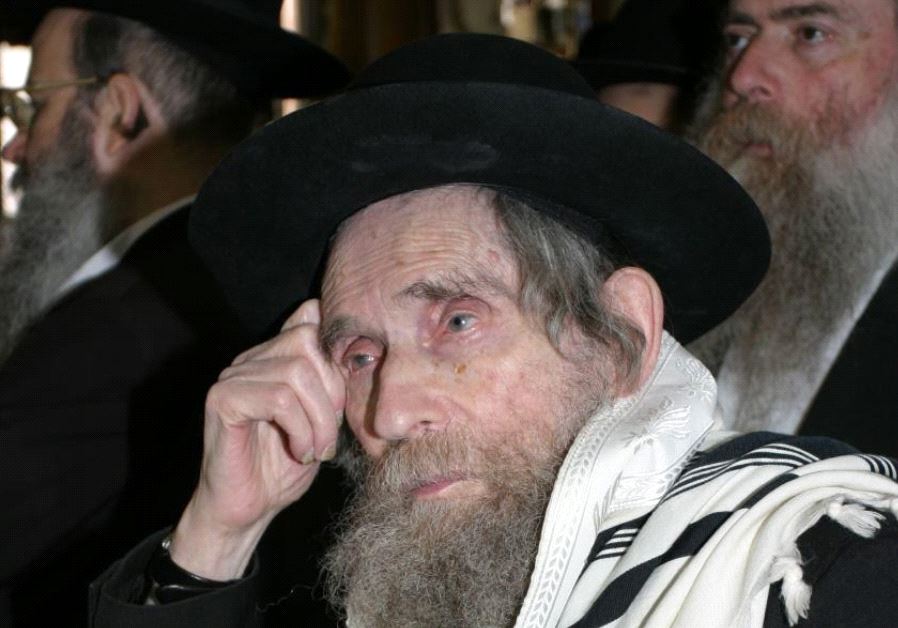OBITUARY: Rabbi Shteinman, Haredi 'leader of the generation,' dies at 104
Rabbi Aharon Leib Shteinman was the long-time leader of the non-Hassidic Ashkenazi Haredi community.
 Rabbi Aharon Yehuda Leib Shteinman(photo credit: מוישימי/WIKIMEDIA)Updated:
Rabbi Aharon Yehuda Leib Shteinman(photo credit: מוישימי/WIKIMEDIA)Updated: